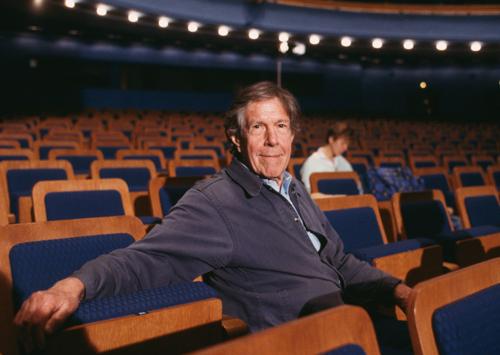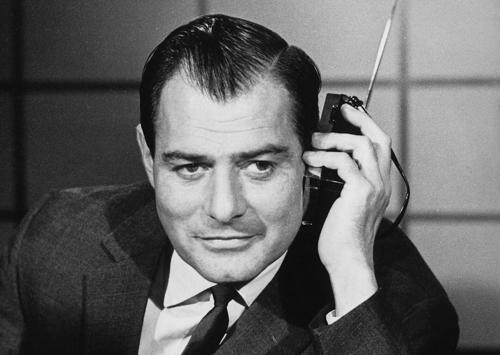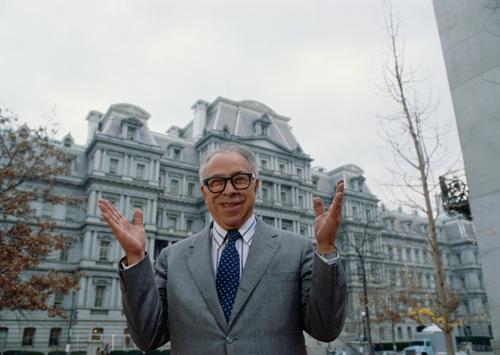Digital audio not yet public.
Details
Broadcast Date
1960
Physical Format
1 sound tape reel (ca. 60 min.) : 7 in.
Duration
15 minutes, 46 seconds
Digital Format
WAV
Ownership
The Chicago History Museum
Language
English





